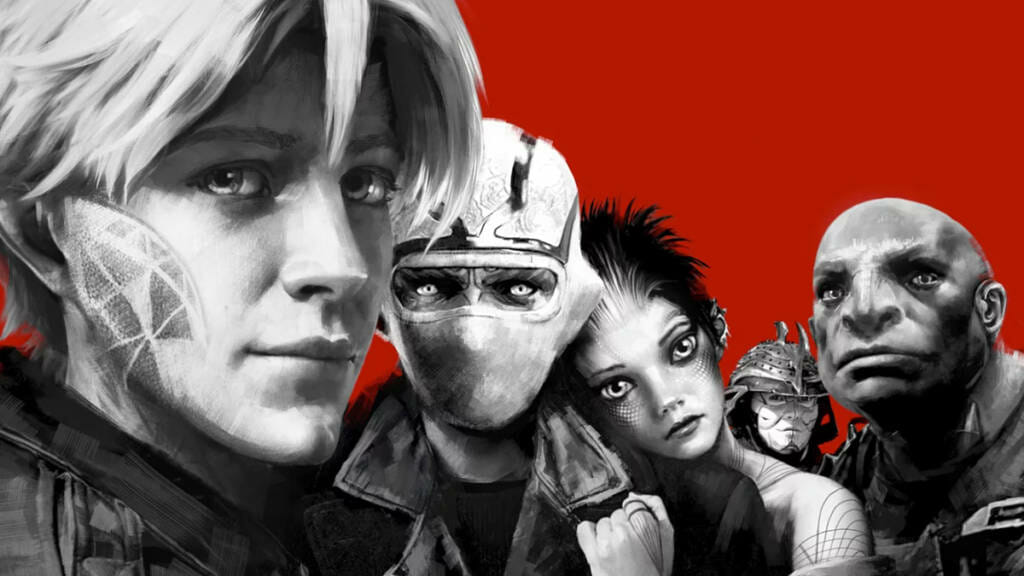While nostalgia is a powerful marketing tool, relying too heavily on the fond memories of consumers can make them feel protective. Ready Player One posters’ parody of classic films like Back to the Future and The Breakfast Club left some fans concerned and others inspired.
When Warner Bros. released movie posters that paid homage to classic films, fans said they felt insulted instead of nostalgic. Complaints quickly surfaced about the quality of the artwork as compared to original posters by Drew Struzan. The most common complaint, however, was in comparing Ready Player One to these classic films at all—as if doing so would be anything short of sacrilege.
These Ready Player One posters are a form of assault, I'm pressing chargeshttps://t.co/Xf5ySNOMsZ pic.twitter.com/9mzRU8tzuK
— Tristan Cooper (@TristanACooper) March 6, 2018
some might say it's daring for Ready Player One to base its marketing campaign and plot around, "Hey, remember better movies?"
— Matt D. Wilson (@TheMattDWilson) March 6, 2018
The Ready Player One poster backlash serves as a cautionary tale about how marketers should treat nostalgia. In many cases, fond memories can entertain and encourage consumers to share franchises with new generations.
Stranger Things was rife with pop culture references from Steven King to video games of the 80s, but overall, fans embraced the nostalgia with open arms. The difference may lie in the fact that promotional art contained similarities but not direct references. Meanwhile, blatant pop culture references on the show were presented “in the wild” as a typical 80s kid might have encountered them naturally. This encouraged viewers to identify with the characters rather than feel that a new intellectual property is ripping off one they already know and love.
If you take the film marketing campaign at face value, it makes sense. Ready Player One revolves around a virtual reality world called the OASIS that allows users to be anyone and do anything they like. As we’ve seen from the trailer, the OASIS includes pop culture worlds and characters including Overwatch, King Kong, The Iron Giant and Back to the Future, just to name a few.
Ready Player One posters that pay homage to these and other franchises have been spotted around Los Angeles. The intention of this marketing campaign was most likely to illustrate how Ready Player One‘s characters can, and most likely will, interact or make reference to these films during their adventure.
Not all fans were angry. Others defended the campaign and its celebration of pop culture. After all, Ready Player One was directed by Steven Spielberg—a man single-handedly responsible for a wealth of pop culture.
It's one of those thing that you don't need to take it so seriously. Don't think about to hard just sit back and enjoy the spectacle of nostalgia.
— Black Astronaut :^) (@leojones8675) March 6, 2018
Guess I shouldn’t even admit that I think those Ready Player One spoof posters are kinda cool. Fun, harmless marketing.
Just generally exhausted with how much we all hate everything. pic.twitter.com/N9BPKapHyh
— John Squires (@FreddyInSpace) March 6, 2018
Ironically, Warner Bros.’ attempt to leverage pop culture may have created a new meme. Angry or amused fans immediately began creating their own movie poster parodies in what the internet calls a “Photoshop battle.” Fan-created parodies of Warner Bros.’ posters began popping up that range in tastefulness from Paul Blart: Mall Cop to Schindler’s List.

